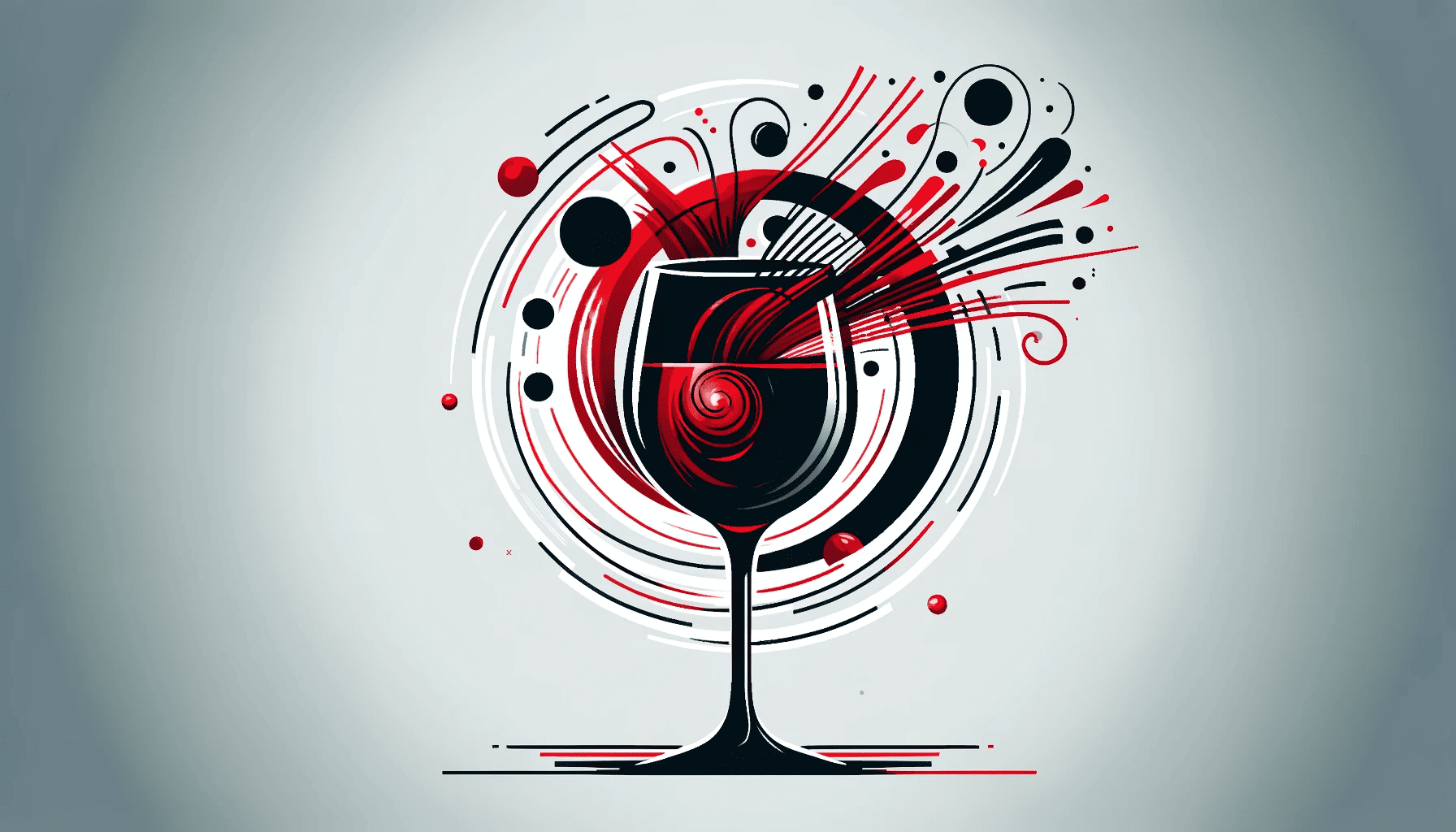
For many, a glass of red wine symbolizes relaxation and enjoyment. Yet, for some, this pleasure is overshadowed by the onset of headaches. This phenomenon has puzzled scientists and wine lovers alike. Why does red wine cause these headaches, and why only in some people? Now, a new study from scientists at the University of California, Davis, proposes an explanation.
Red, red wine
“With enough consumption, any alcoholic beverage can induce a headache, usually as a hangover,” says corresponding author Andrew Waterhouse to ZME Science. “But only red wine causes a headache immediately — unless you are in the population that has a variant ALDH enzyme, as we describe in the paper.”
ALDH stands for “Aldehyde Dehydrogenase,” an important enzyme family in the human body. These enzymes play a crucial role in the metabolism of alcohols and aldehydes, substances that can be toxic to the body in high amounts. For instance, a common variant of the ALDH2 gene, particularly prevalent in East Asian populations, leads to a reduced ability to metabolize acetaldehyde (the first product that alcohol is broken down into), causing flushing and discomfort after alcohol consumption.
However, some alcohol consumers exhibit headaches specifically linked to red wine. In the new study, Waterhouse and colleagues propose a culprit — a type of flavonol called quercetin. The study’s hypothesis suggests that quercetin in red wine inhibits ALDH2. This inhibition results in elevated acetaldehyde levels, leading to inflammation and headaches.
Flavanols, antioxidants, and headaches

Flavanols are naturally occurring compounds from a variety of fruits and vegetables. They are usually known for their antioxidant properties and have garnered considerable interest due to their potential health benefits. Flavanols can improve cardiovascular health and oxygenation, as well as play a role in brain health. The health benefits associated with flavanols have made them a focus of nutritional research.
However, it seems like flavanols still have some surprises for us. When metabolized with alcohol, quercetin can be problematic, explains Waterhouse.
“Our hypothesis is that quercetin, which is found only in red wine (only traces in white wine), inhibits ALDH2 and that results in high circulating levels of acetaldehyde, and that causes headache. The quercetin is not metabolized. It blocks the metabolism (or breakdown) of acetaldehyde, and the accumulation of that is what causes inflammation, the result of which is headache.”
“Quercetin itself does not cause headaches, but only the combination of alcohol and quercetin. This may be why it has taken so long to sort this out. It isn’t a direct effect,” the researcher adds.
Sunlight plays a role

It gets even more interesting. Quercetin is produced by grapes in response to sunlight. Some wines, made from grapes that are exposed to a lot of sunlight, tend to have much higher amounts of quercetin. “In some cases, it can be four to five times higher,” explains Waterhouse.
Levels of quercetin also change based on how the wine is made (for instance, if it is aged or if the fermentation process includes grape skin contact). These processes can also explain why some wines trigger more headaches than others.
Of course, this is still a hypothesis — and testing it would require some experimental validation.
“An obvious experiment would be to compare wines having differing phenolic levels (particularly quercetin and total flavonols) with observed headache occurrences after ingestion,” the researchers note in the study.
“Controlling alcohol levels would be imperative. Another, simpler, experiment would be to provide read wine headache subjects with a quercetin supplement or placebo and a standard drink of vodka, to see if headaches result.”
Quercetin warnings on labels

For wine enthusiasts and those affected by red wine headaches, this research brings hope. It not only provides a scientific basis for their experiences but also points towards potential strategies for mitigating the unpleasant effects associated with enjoying a glass of red wine.
Ultimately, researchers would like to see some quercetin warnings on labels. The warnings would inform producers and help them make better decisions, enabling them to enjoy the drink without the headaches.
“If our hypothesis works out in future studies, I hope it will be possible for consumers to find out more about the levels of quercetin in the wine they buy,” Waterhouse concludes.
The study was published in the journal Scientific Reports.









